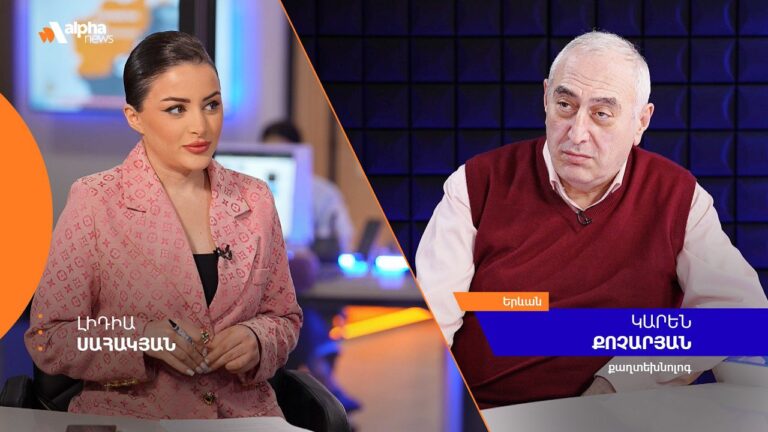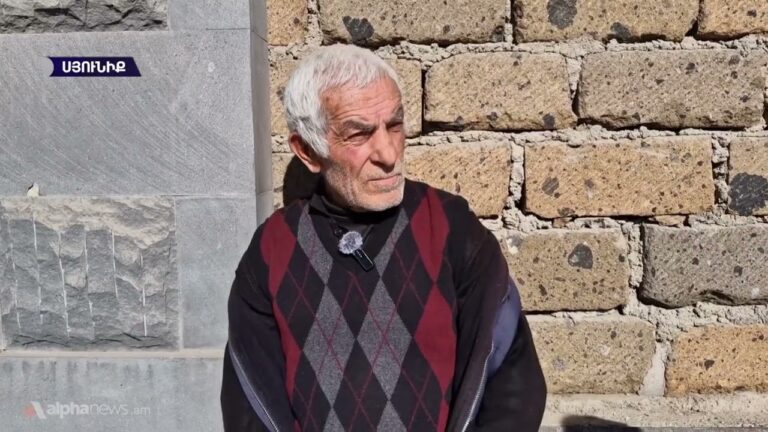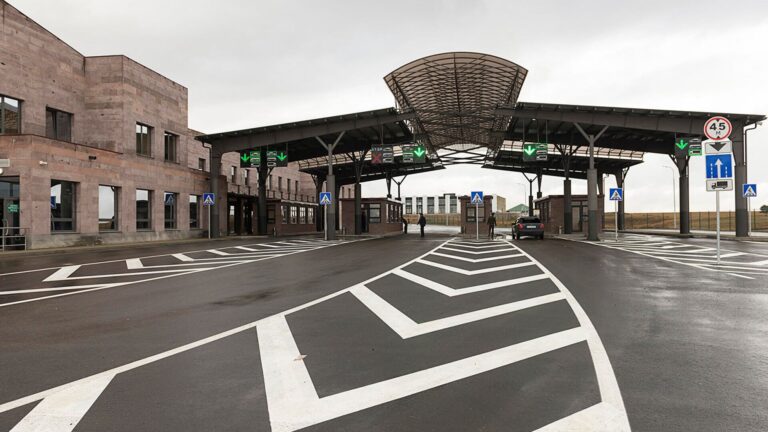Armenia at the “geopolitical crossroads”
September 14 2023, 22:30
It has been almost 2 weeks since the foreign policy agenda has started to dominate the Armenian media, which is justified, since the recent developments unfolding before our eyes are more public manifestations of the change in Armenia’s foreign policy vector.
While the Russian and Western media have just started to talk about Armenia’s “Euro-Atlantic ambitions and prospects”, i.e. about the change of the country’s foreign policy vector, a number of political figures and analysts in Armenia have been saying since 2018 that the current government will forcibly break Armenia’s security system as well as the military and political cooperation with Russia, and will also refuse to cooperate with Moscow in economy.
Moreover, this was clearly stated in the summer of 2018 by one of the high-ranking American officials –former National Security Advisor John Bolton, who in October 2018, during a visit to Armenia, said that “Armenia should not be limited to historical clichés/stereotypes.”
For many, this expression/order of Bolton (which is a manifestation of the deep US policy in our region, as well as a declaration of the real purpose of the events of 2018) remained underestimated, whereas it is precisely this that underlies the 2020 war, sabotage of the negotiation process on the Russian negotiating platform. It is this that underlies Armenia’s recognition of Artsakh as part of Azerbaijan, and also underlies the statements made earlier by Pashinyan about the need to create a “new model of patriotism”, about the “regionalization of Armenia’s policy” seeking security in the context of “establishing relations with neighbors”, which should lead to a situation in which “Armenia will not have a need to seek help from third countries.”
Armenia has again become part of the Russian information field, and Russian media, experts, Telegram channels are trying to give an accurate description of Pashinyan’s actions, especially in the context of his statements that it is wrong to consider gas and independence in the same plane, or that Russian peacekeepers failed their mission in Artsakh. In fact, nothing new has happened in the rhetoric of the Armenian authorities. When Alen Simonyan, who has once called Russian President Vladimir Putin a “KGB scum”, today calls Maria Zakharova “some secretary”, or Nikol Pashinyan, who initiates Armenia’s withdrawal from the CSTO and the EAEU, sabotages Yerevan’s cooperation with the CSTO, as well as clearly hints about the potential rejection of the use of Russian gas, they are just in their “natural state.” Another thing is that for a long time the Russian Federation turned a blind eye to many glaring facts.
The Armenian authorities, in fact, only began to personally voice all those statements that for a long time were presented to the Armenian society by the propaganda machine of the current government.
For 5 years now, the Armenian society has been convinced of the need to expel the Russian base, shift away from Russian energy carriers, etc.
Moreover, the need to stop cooperation with the Russian Federation was postulated in May this year, when during the Washington talks between Armenia and Azerbaijan Louis Bono, senior advisor to the US State Department, said: “The US seeks for the parties to normalize their relations, to be able to live together, to strengthen economic ties and even their collective security in the region.”
“Collective security” implies the creation of a military and political union of Armenia and Azerbaijan, and since the United States is deprived of opportunities in the region to “coordinate processes on the ground”, Turkiye should become the overseer in this union.
Economic cooperation implies, among other things, not only the “unblocking of communications”, but also the rejection of Russian gas, and its replacement with Azerbaijani, or Turkish.
But there is one thing. Taking into account the Armenia-US military exercise being held in Armenia these days, official Yerevan is trying to “drag in third forces into the region” (whether it is the Americans or the French, in this case it is not so important), which on the one hand causes concern to Iran, on the other hand, may create a situation in which Armenia can unite official Moscow, Tehran and Ankara.
Capitals with different geopolitical interests, even fighting against each other in some parts of the world, may be united in their desire to prevent third forces from entering their zone of influence, as Iranian President Ebrahim Raisi openly stated to Nikol Pashinyan during their last phone conversation.
The “geopolitical upheaval” may result in Armenia becoming a single enemy for Turkiye, Iran and Russia, which cannot but affect our sovereignty and territorial integrity.
In any case, we can observe that Armenia is currently at a “geopolitical crossroads”, with all the ensuing consequences.







